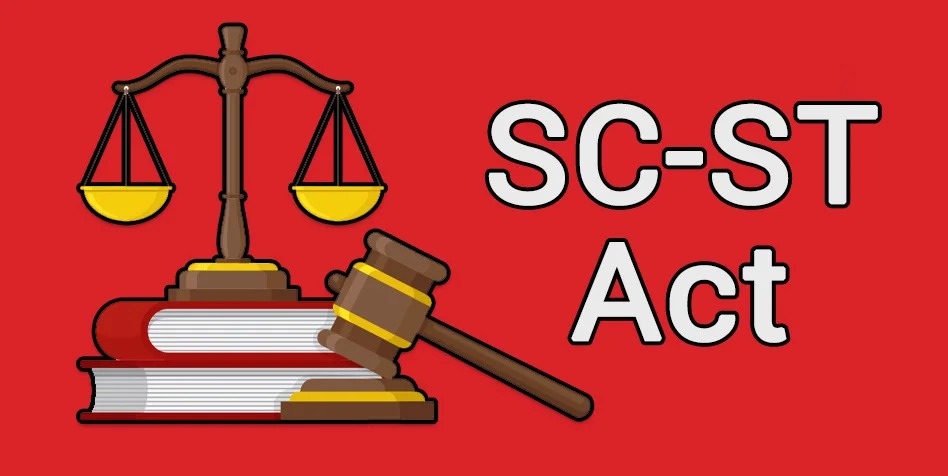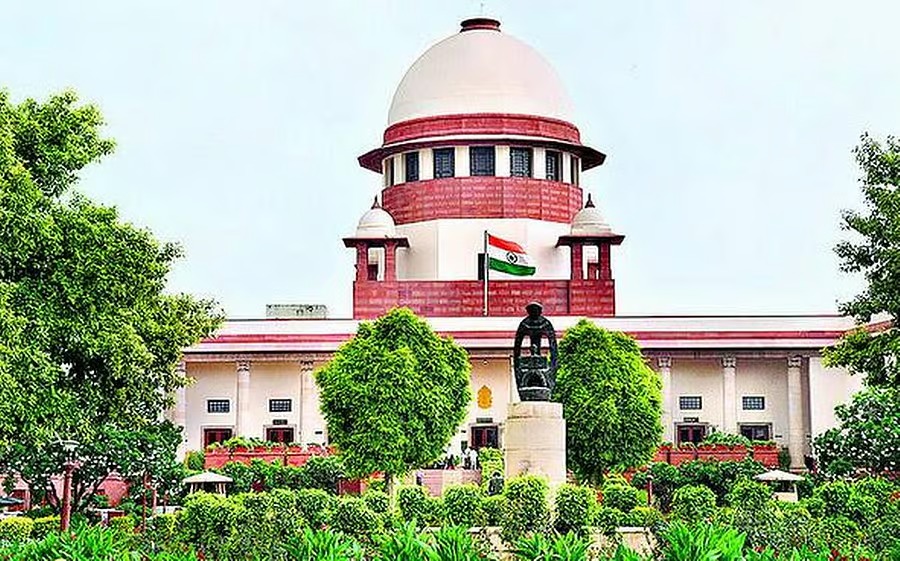K. Kannan J.@mdashThe petitioner challenges the order of the Ministry of External Affairs through Passport Officer rejecting petitioners application for grant of passport. The impugned order makes reference to the Ministrys reply dated 16.06.2010 that proposed to deny to the petitioner a favourable consideration. The contention in the writ petition is that the provision for appeal itself is made only in respect of circumstances that result in denial of passport u/s 6(2)(b), (c) and (d) of Passport Act, and the impugned order, being one which falls outside the scope of the above provisions, the writ petition was being filed. The petitioner would contend that there are no proper reasons spelt out in the order as to why, he was being denied the passport. The State has filed its reply contending that the petitioner had been associated with a terrorist outfit and in the year 1989, he had gone to New Zealand and later to Pakistan in the year 1994 from New Zealand. During his stay in Pakistan, he had been engaged in promotion of insurrection against Government of India via radio and in the year 1996 when he was trying to enter into India through Kathmandu, he had been apprehended by the concerned police. All these facts would prove that the petitioner had been engaging in activities that endangered the solidarity and security of India. As a matter of record, the 3rd respondent would also said that a case had been registered against the petitioner in FIR No. 133 dated 06.09.1996 for alleged offences under Sections 121, 121-A, 122, 123, 124-A IPC and under Sections 3, 4 and 5 Explosive Act and u/s 25, 27, 54, 59 Arms Act at Kharar, District Ropar but he was later acquitted by the Additional District Judge, Ropar. He had been earlier registered for a case in FIR No. 47 dated 19.04.1988 under Sections 307, 302, 34 IPC but discharged by the trial Court. The principal contention on behalf of the State is, therefore, that the petitioner who had been connected with terrorist group and engaging in anti-India activities could not be given the passport.
2. The reply of the Union reiterates the contentions taken by the State and makes an issue of the fact that the petitioner had been formerly the President of the International Sikh Youth Federation (Bittoo), New Zealand. It is also stated that the impugned order has been passed rejecting the petitioners claim for a passport on the grounds set forth u/s 6(2)(b) and (c) and there is a provision for appeal and the reading of the provisions as set out by the petitioner is not correct. The respondent would explain that their own denial of passport to the petitioner was on account of the fact that the Ministry of Foreign Affairs declined the issue of passport to the petitioner. Since the order of the petitioner says no more than the fact that the Ministry of Foreign Affairs declined the issue of passport and the reply also stated no more than that the Ministry declined the passport, it became necessary to secure better details and I had called upon the Union to produce in a sealed cover any classified information relating to the intelligence report on petitioner only to satisfy myself that the ultimate decision had some tangible basis, without still compromising on national security issues.
3. A sealed envelop had been produced on 11.11.2011 and I had urged the learned counsel for the petitioner to make his submission on an issue of how the petitioner could make a claim for issuance of a passport if there were security issues and the extent of the information that the petitioner could seek relating to secret classified information that the Government might have against the petitioner. Learned counsel appearing on behalf of the petitioner states that it is undeniable that if there is any material to say that he had been engaged in any activity prejudicial to the sovereignty and integrity of India and the presence of the petitioner in any foreign country was likely to be detrimental to the security of India or prejudicial to the friendly relations of India with any other country, the passport could be definitely refused. The petitioner would concede that he had set up a radio broadcast in New Zealand and he had definitely broadcast information that there were serious human right violations taking place in India and the minorities rights were being trampled upon. This, according to him, was very much within his freedom of right of expression and free speech and the activity must be seen only as a democratic expression and permissible by the width of freedom guaranteed under Article 19(1) (a) of the Constitution. According to him, ever since his return to India, he has been always under the state surveillance and there was not any one incident where any of his activities came under cloud. The cases that he had been registered against him had also vindicated his innocence.
4. Learned counsel would further submit that the State need not necessarily disclose secret information which they might to hold but there could be nothing against him, which he himself does not know. There is nothing likely to be said against the petitioner except his past involvement when he was in New Zealand having some radio broadcast and present denial ought to be possible only if his activities still go to cause any prejudice to the national interest. The information supplied to the Court recalls his past activities in New Zealand, Pakistan and Nepal and claims that he has still contacts with some hard-core terrorists. Terrorist activities are a global menace and by the very nature of activities, they are done covertly before they fulminate to large scale destruction and mayhem. It is not possible for me to see that the information shared with the Court has anything substantial but lines have to be clearly drawn between what State in its executive wisdom decides to do or what the Court could compel any public authority to do. The task of taking a decision for grant of passport is entrusted with Officers, who have sensitive duties to perform in certain cases. The Passport Officer himself could not have done anything beyond putting it through the Ministry of Foreign Affairs since the State recommendations did not come in his favour and the State had given information about his past terrorist links and if the Ministry of Foreign Affairs was not prepared to take his conduct as not irrelevant and his own present links were still perceive as suspicious, it shall not become possible for me to still override their objections and direct an issue of passport. All that could be done is to see whether the decision has come after following the process, which is laid down by law. The reasonableness of restriction is always a subject of appraisal by the Court. The dispensation in
5. In this case, there is reasonably a fair procedure adopted. When the State did not recommend the issue of passport by the past links of the petitioner with terrorists outfit and his own activities, they were perceived as causing disaffection against the integrity and solidarity of India, the Passport Officer had sought for the Ministrys views in the matter. The Ministry has given the cryptic information that by their own intelligence and with the available information, they will not recommend the issuance of passport.
6. Even when the Menaka Gandhi''s case (supra) made a significant stride in understanding that right to personal freedom guaranteed under Article 21 cannot be merely a satisfaction that there was a law which restricted any of the freedoms and then the reasonableness of such restriction itself will be a matter for judicial appraisal, it was said again in the context of how even earlier in
7. While Section 6 sets out the grounds when a passport could be refused, it is Section 5 which deals with the exercise of power through application for a passport. Section 5(2) deals with the exercise of that power that results in issue of passport or travel document with endorsement and that includes making an endorsement that would include the refusal to make an endorsement on the passport or travel document. Sub section (3) states that where a Passport Authority makes an order under Clause (b) or (c) under Sub-Section (2) on the application of any person, it shall record in writing every statement of its reasons for making such order and furnish to that person on demand a copy of the same unless in any case the passport authority is of the opinion that it will not be in the interests of the sovereignty and integrity of India, the security of India, friendly relations of India with any foreign country or in the interests of the general public to furnish such copy. The additional power given u/s 5(3) is that in cases where a refusal is made on issues of activities contracted with the interest of the sovereignty and integrity of India, reasons in writing need not be given. In either case, a refusal that takes place does not come u/s 6. It is done only u/s 5. Section 11 of the Passport Act enables any person aggrieved by the order of the Passport Authority under Clause (b) or (c) of Sub Section 2 of Section 5 to prefer an appeal. In every case where a passport is refused on any of the grounds under clause (b) or (c) of Sub-Section (2), such a person has always a remedy u/s 11. Indeed, the Union has filed the counter stating that proper procedure must have been only to prefer an appeal and not to challenge the same before this Court. I would find an additional reason not to interfere with the decision only because the petitioner has not fully exhausted his remedy by preferring an appeal and he has opted for a writ petition by a reading of Section 11, which, in my view, is not correct. Even while dismissing the writ petition, I would still give an opportunity to the petitioner to prefer an appeal against the decision communicated to him so that the case obtains fresh appraisal by the authority constituted under the Act. The writ petition is disposed of as above.

